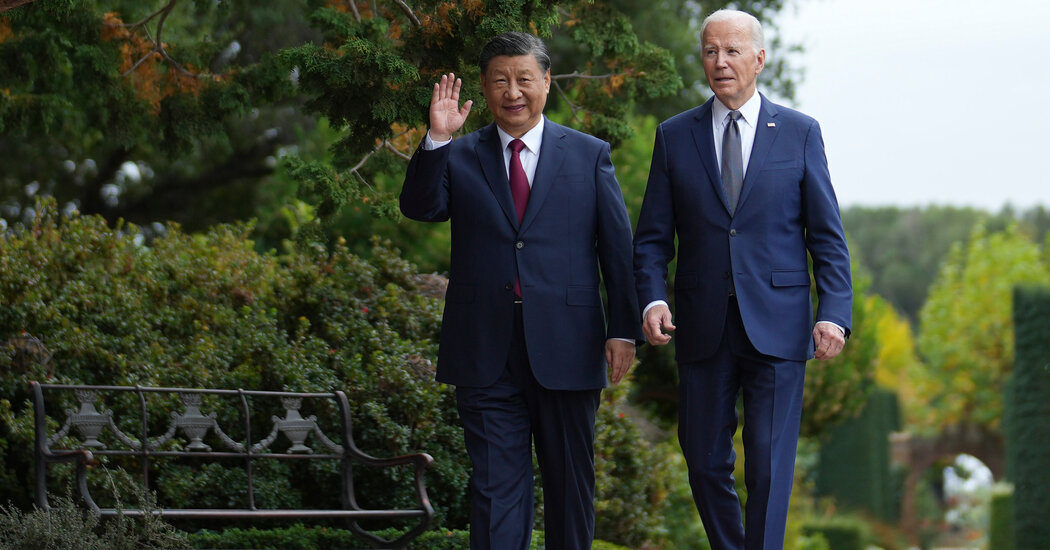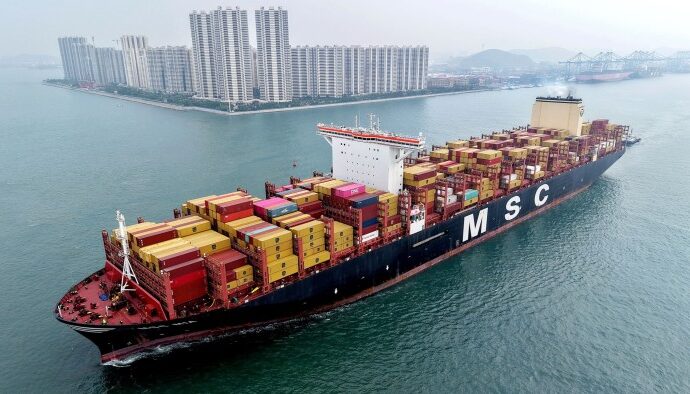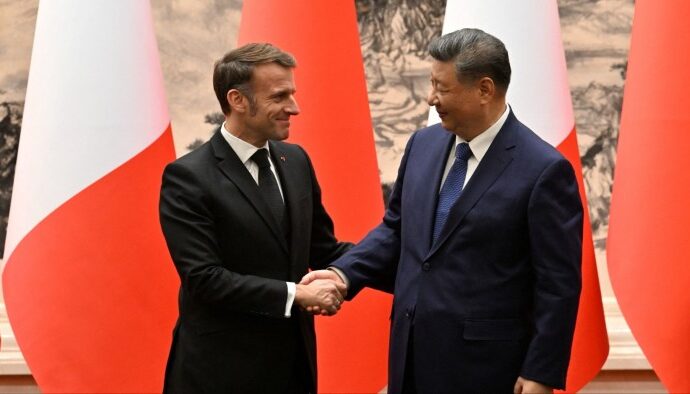
Meeting with President Biden for the first time in a year, China’s leader, Xi Jinping, reiterated his determination to unify with Taiwan, but stopped short of mentioning the potential use of force. He denounced what he called futile American efforts at containing China, but also acknowledged that U.S. tech restrictions had taken a toll.
And he broadcast that China had global ambitions for its influence — while also trying to reassure the world that those ambitions did not have to lead to conflict with the United States.
Mr. Xi’s message at the leaders’ summit in San Francisco, as depicted by official Chinese summaries, reflected his dual, at times contradictory, priorities during his trip to the United States, which many had hoped would help inject stability into the volatile bilateral relationship.
Mr. Xi wants to convince Washington, and the world, that he is willing to engage with the United States, in part to lure back foreign investment to bolster China’s ailing economy. But he also wants to demonstrate to the Chinese people that he strongly defended Beijing’s interests, and burnished its image as a world power on a par with the United States, not a secondary one making concessions.
To strike that balance, Mr. Xi sought to cast himself as one of two men who would determine whether the United States and China chose cooperation or conflict, a choice that would “decide the future of humanity.”
That framing was in line with Mr. Xi’s assertive vision of how the United States must accept China as an equal, said Fei-Ling Wang, a professor of international affairs at the Georgia Institute of Technology.
We are having trouble retrieving the article content.
Please enable JavaScript in your browser settings.
We are confirming your access to this article, this will take just a moment. However, if you are using Reader mode please log in, subscribe, or exit Reader mode since we are unable to verify access in that state.
Confirming article access.
If you are a subscriber, please log in.


